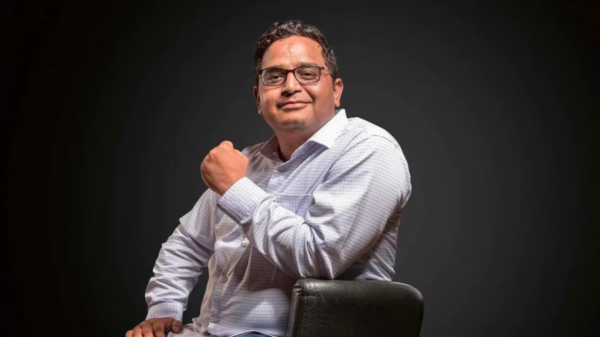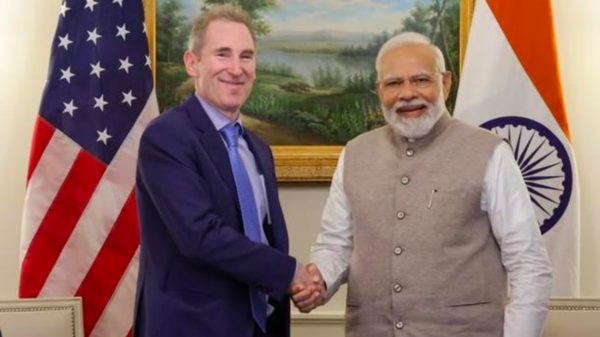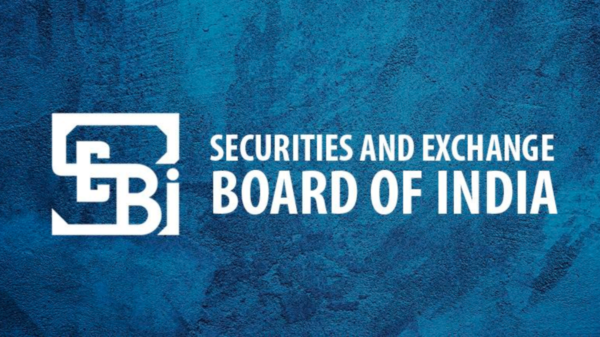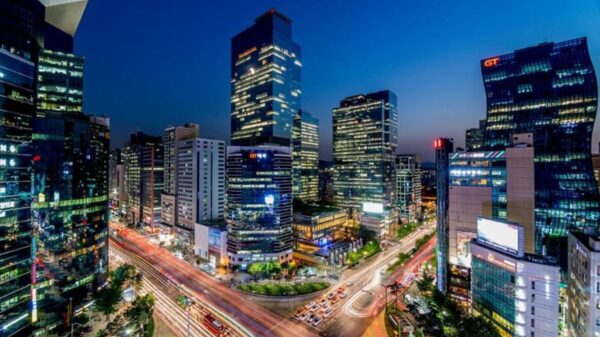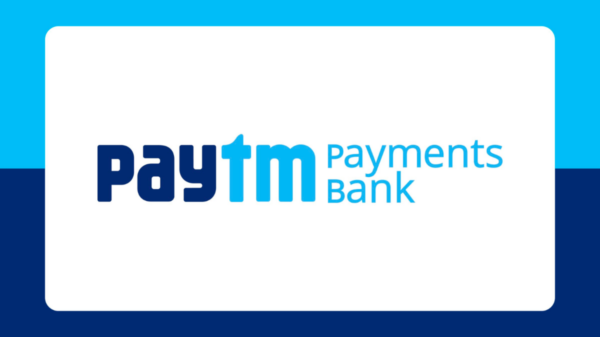On Friday, Sri Lanka’s central bank raised interest rates by one percentage point and advised the government to raise taxes as the country prepares to enter a recession. The unstable South Asian island country is experiencing a major foreign currency crisis, which has resulted in significant shortages of food, gasoline, medicines, and industrial raw materials, as well as skyrocketing prices.
In January, food inflation touched a new high of 25%, while total price hikes reached 16.8%, a fourth straight monthly high. Since Wednesday, public transportation has been hampered due to a lack of diesel for buses and long power outages in broad portions of the country of 21 million people. President Gotabaya Rajapaksa fired both the energy and industry ministers on Thursday after they both criticized the government’s response to the problem. Vasudeva Nanayakkara, another senior minister, voiced solidarity with the fired ministers on Friday and announced he would not attend cabinet sessions.
GOVT ACTION AWAITED
The central bank offered a series of suggestions to the government, including requesting that it provide incentives for remittances and investments, limit non-essential imports, and increase gasoline and power rates, among other things.
Despite the fact that certain actions may be unpopular, Cabraal believes they will help free up resources.
“I have no disagreements with the finance minister. However, we have a policy obligation to raise specific policy problems and communicate with the administration “In answer to a query about a possible rupture with the government, Cabraal stated.
Sri Lanka has to tighten its monetary policy to manage inflation, get its heavy debt repayments back on track, and reverse one of the country’s biggest financial crises in years, according to the International Monetary Fund.
Cabraal reaffirmed that loan repayments have already been paid and that the central bank was committed to meeting any future obligations.
Since 2020, reserves had plummeted by 70%, to $2.36 billion at the end of January. In the remaining months of this year, the island must repay roughly $4 billion in debt.
“The CBSL should keep the tightening monetary policy trend continuing and let the currency float,” CAL Group chief strategist Udeeshan Jonas said.
It also asked the government to promptly hike gasoline and electricity costs, as well as tax rates, to boost government income. The International Monetary Fund had made a similar request. The bank also urged officials to halt current infrastructure projects, sell state-owned property, and reduce imports of “non-essential” goods.
Since March 2020, a comprehensive import embargo has been in place to shore up foreign reserves after the epidemic wiped away the lucrative tourist sector, which once brought in $4.5 billion per year. The IMF cautioned Sri Lanka on Thursday that its foreign debt was “unsustainable” and asked for immediate action in a statement released after its yearly evaluation of the country’s economy. Sri Lanka’s foreign debt is expected to cost almost $7 billion this year, according to official data, but the country’s external reserves were only $2.07 billion at the end of January, hardly enough to pay one month’s imports.
Source: timesofindia.indiatimes.com
